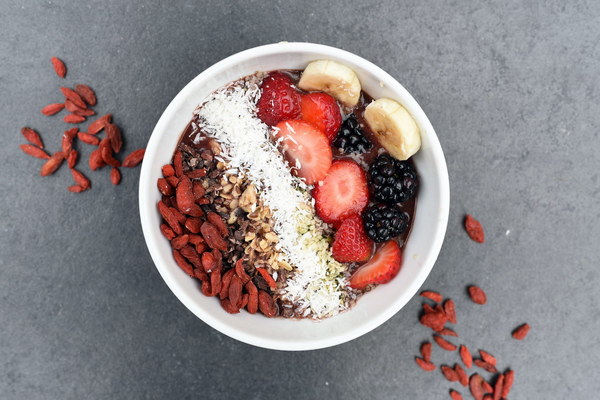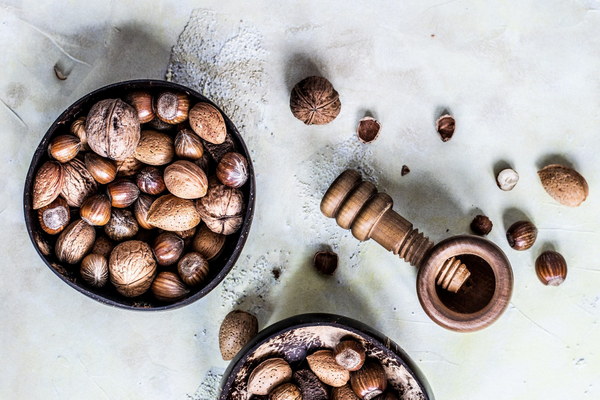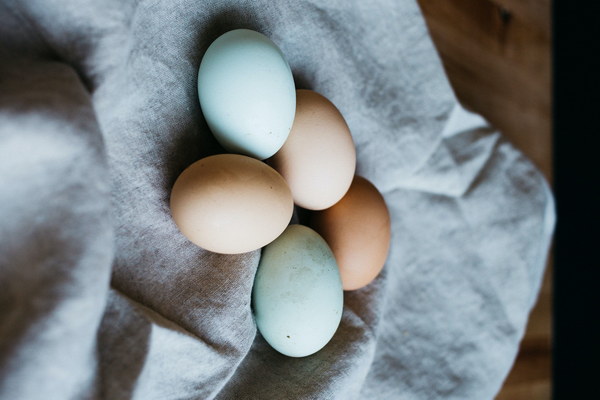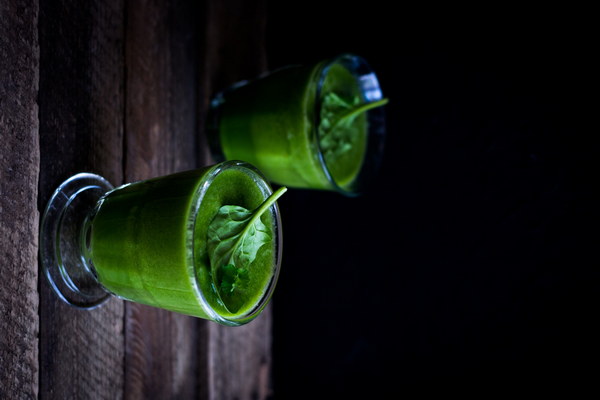Winter Vitality Nourishing Your Body with Traditional Chinese Winter Tonification
As the days grow shorter and the temperatures drop, the winter season arrives, bringing with it a sense of hibernation and a need to nurture our bodies. In Traditional Chinese Medicine (TCM), winter is considered the best time for tonification and rejuvenation. This article delves into the art of winter tonification, exploring its principles and offering practical tips to help you embrace the chill with vitality.
Understanding Winter Tonification in TCM
According to TCM, winter is the season of the kidney, which is associated with the element of water. It is a time when the body is most susceptible to cold and dampness, leading to a weakened immune system and a higher likelihood of illness. To counteract these effects, TCM emphasizes the importance of tonifying the body's essential energies during the winter months.
Principles of Winter Tonification
1. Warmth: Embrace warm, nourishing foods and beverages to support the body's internal warmth. Foods such as ginger, cinnamon, and black sesame seeds are particularly beneficial.
2. Harmony: Maintain a balance of the body's Yin and Yang energies. In winter, Yin energy is more pronounced, so it's essential to focus on Yin-tonifying foods like soups, stews, and root vegetables.
3. Consistency: Regularly incorporate tonifying practices into your daily routine to ensure long-term benefits. This may include dietary adjustments, herbal remedies, and lifestyle changes.
Dietary Tips for Winter Tonification
1. Hearty Soups and Stews: Incorporate ingredients like carrots, celery, onions, and root vegetables into your winter meals. These provide essential nutrients and help maintain body warmth.
2. Herbal Remedies: Consult with a TCM practitioner to discover the right herbal remedies for your specific needs. Common tonifying herbs include ginseng, astragalus, and codonopsis.
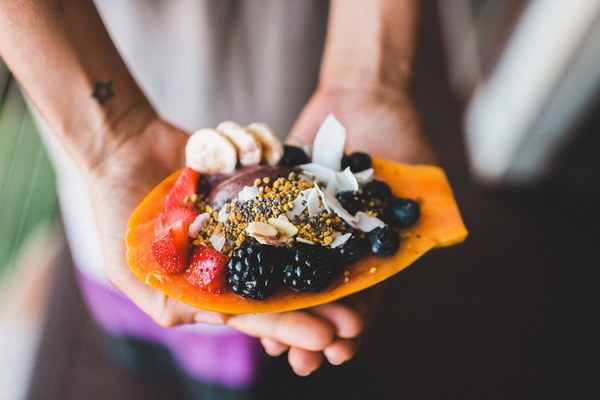
3. Nourishing Beverages: Drink warm herbal teas, such as ginger tea or lemon balm tea, to support your body's immune system and maintain hydration.
4. Balanced Diet: Include a variety of foods to ensure a well-rounded intake of vitamins, minerals, and antioxidants. Focus on seasonal fruits and vegetables, lean proteins, and whole grains.
Lifestyle Changes for Winter Tonification
1. Regular Exercise: Engage in gentle, warming exercises like tai chi, qigong, or yoga to stimulate blood circulation and boost your immune system.
2. Adequate Rest: Prioritize sleep and rest to allow your body to recharge and strengthen its defenses.
3. Stress Reduction: Practice stress-reducing techniques such as meditation, deep breathing exercises, and mindfulness to support overall well-being.
4. Avoid Exposure to Cold and Dampness: Dress warmly, avoid getting wet, and keep your living environment dry and well-ventilated.
Conclusion
Winter tonification is a time-honored practice in TCM that can help you embrace the colder months with vitality and resilience. By incorporating these principles into your daily life, you can support your body's natural defenses and promote overall health. Remember, the key to successful winter tonification lies in consistency and balance. So, wrap yourself in warmth, nourish your body, and enjoy the beauty of the winter season.

